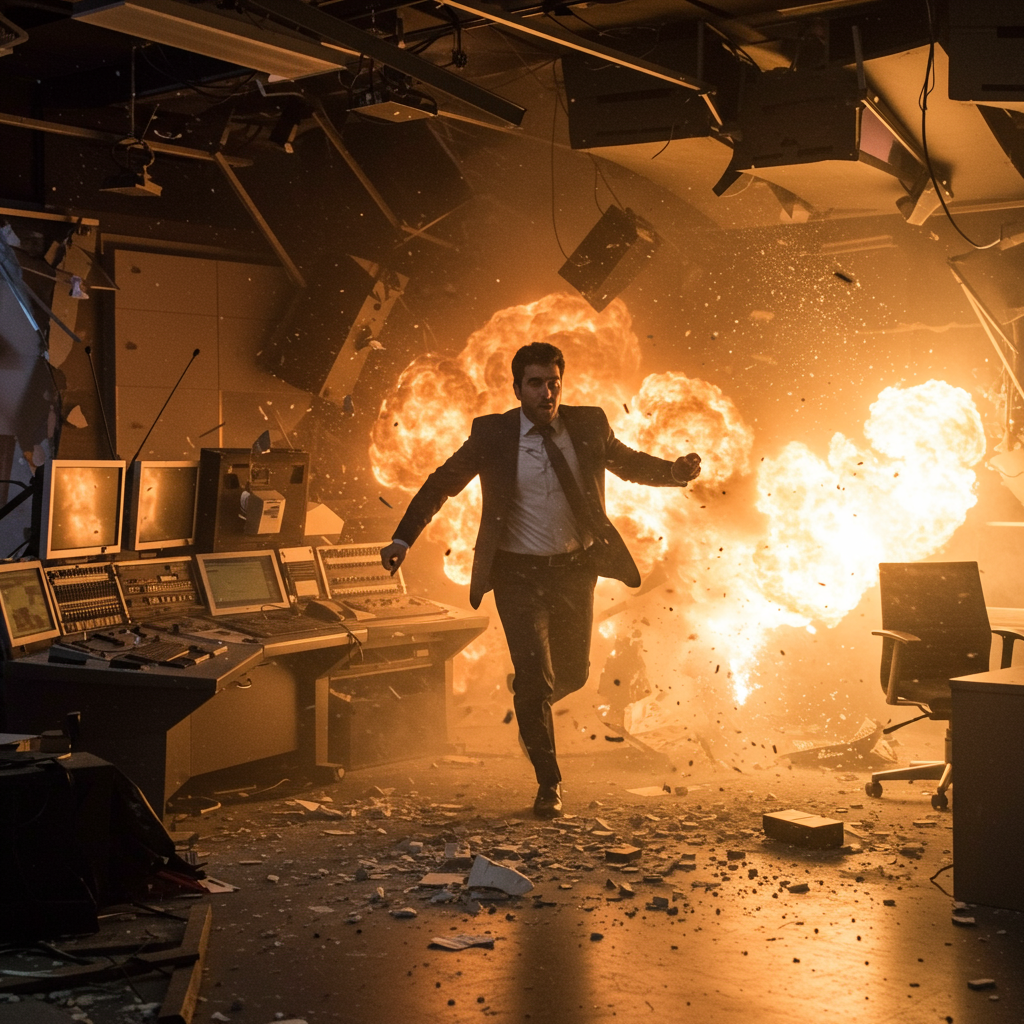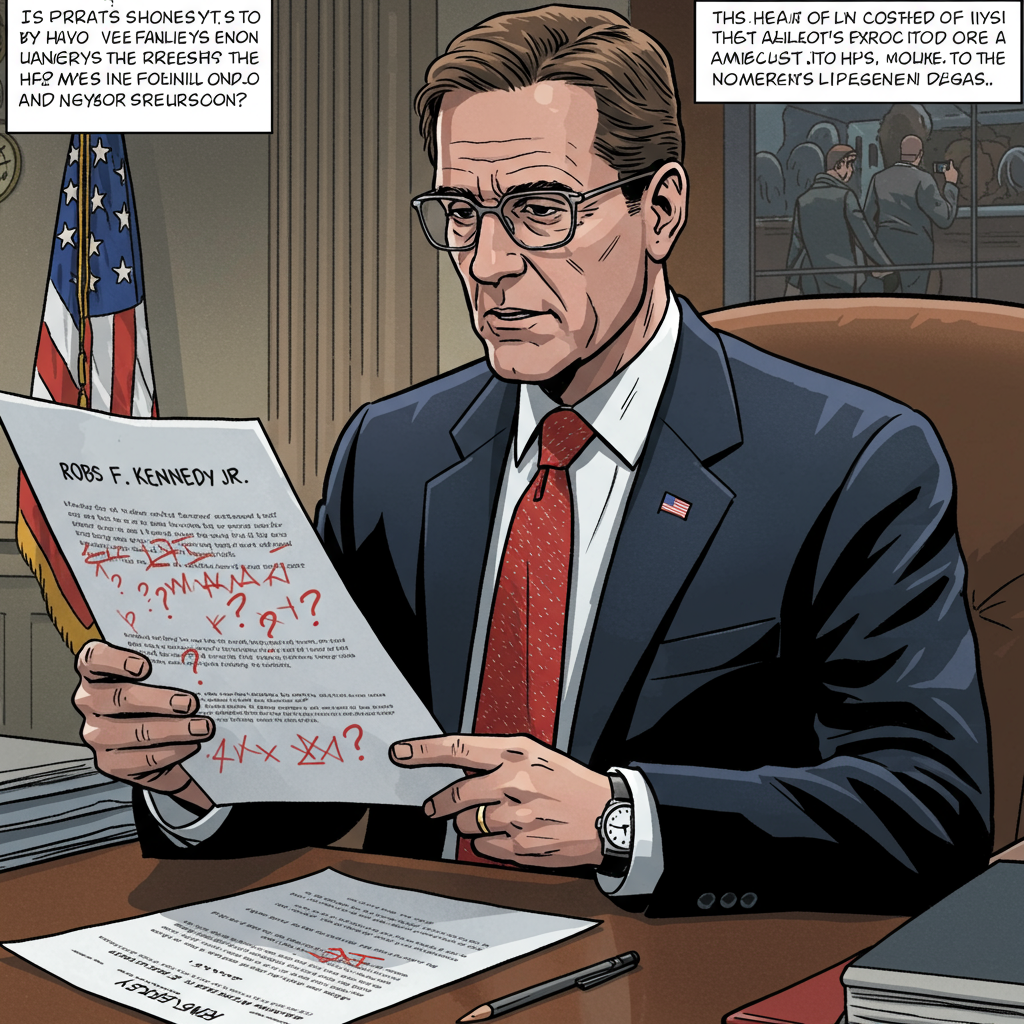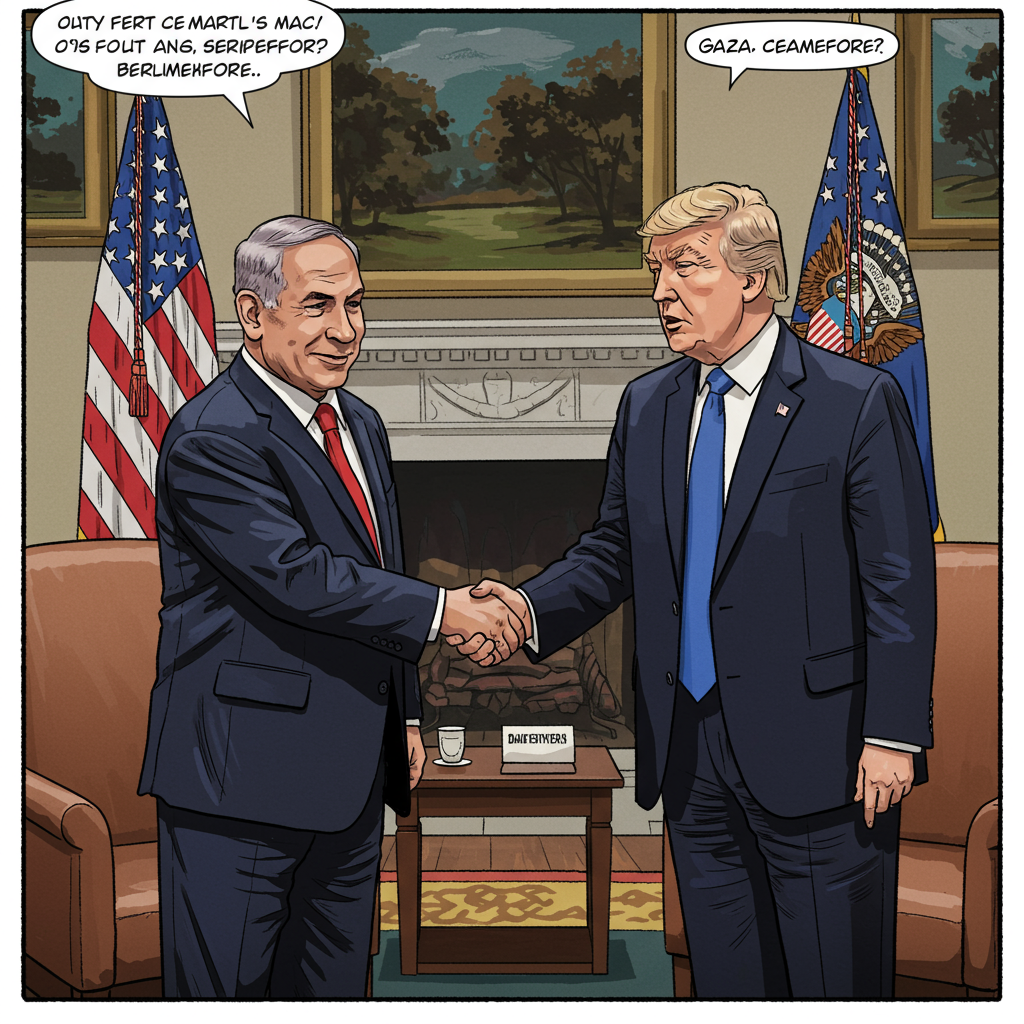Israeli Strike Hits Iranian State Television During Live Broadcast
In a dramatic escalation of the ongoing conflict, an Israeli military strike targeted the headquarters of Iranian state television (IRIB) in Tehran on Monday. The attack occurred during a live news broadcast, causing a chaotic scene as the anchor fled the studio amid an explosion, smoke, and flying debris. The transmission on the Islamic Republic of Iran News Network (IRINN) briefly went dark before resuming from a different location.
The strike on the state media building signals a broadening of Israel’s targets within Iran as the conflict enters its fourth day. Israeli Defense Minister Israel Katz immediately claimed responsibility, stating that the “Iranian regime’s propaganda and incitement broadcasting authority was attacked.”
The Moment of the Strike
During the live morning broadcast from the capital, news anchor Sahar Emami was reporting when a loud explosion rocked the studio. On air, she was heard reacting to the blast before the screen behind her went black. Dust and debris filled the set, and others present were reportedly heard exclaiming “Allahu akbar” as Emami was seen hurrying off camera. The broadcast quickly switched to pre-recorded content.
According to Iranian state media, the IRIB building was hit by four bombs. While initial reports on casualties were scarce, an anchor later stated on air that a few colleagues had been injured. One report citing Iranian media claimed at least one IRIB staff member, Masoumeh Azimi, was killed in the attack. Anchor Sahar Emami later returned to broadcast from a new studio.
Hours before the attack, Israeli forces had issued a widespread evacuation warning for residents in Tehran’s western District 3, where the IRIB headquarters is located. The warning cited plans to target military infrastructure in the area and a risk to civilian lives, urging up to 330,000 people to evacuate.
Context of Escalation
The strike on the state broadcaster is part of a broader and increasingly intense exchange of attacks between Israel and Iran. The Israeli military claimed the targeted building was a “communication centre of the Iranian regime” used by military forces under civilian cover. The IDF also asserted it had achieved “full aerial control” over Tehran and could operate freely, claiming to have destroyed a third of Iran’s missile launchers since the conflict began.
Iran’s foreign ministry spokesman, Esmaeil Baqaei, condemned the strike on IRIB as a “wicked act of war crime,” calling Israeli leadership the “biggest enemy of truth and the No. 1 killer of journalists.” The head of IRIB, Peyman Jebelli, appeared on television post-attack, displaying what appeared to be a blood-stained paper and vowing that the channel and its employees would continue their work.
The Committee to Protect Journalists (CPJ) also issued a statement condemning the strike, with their Middle East representative expressing alarm and suggesting that the targeting of media in Iran was emboldened by the high number of journalists killed in Gaza during Israel’s campaign there. Iran itself has a long history of suppressing media and jailing journalists, frequently criticized by press freedom organizations.
Widening Targets and Rising Casualties
The conflict has seen both sides strike targets across each other’s territory. The Israeli military initially claimed it was only striking targets connected to Iran’s nuclear and missile programs, but the strike on the state broadcaster and reports of attacks on other sites suggest a widening scope. Beyond the IRIB building, Israel also reportedly struck an Iranian military base in western Tehran, military trucks, surface-to-air missile launchers, and fleeing operatives.
The attacks followed a recent wave of Iranian missile strikes that Israel reported killed at least eight civilians, bringing the total Israeli death toll since the conflict began to at least 24 killed and over 500 injured. Iran’s health ministry, however, reports a much higher casualty count within Iran, stating at least 224 people have been killed and over 1,200 injured by Israeli strikes since Friday. Iran’s foreign ministry also accused Israel of targeting a hospital in Kermanshah, causing damage and injuries, although some reports suggested the IRGC may have been using nearby buildings for military storage.
Reports from Tehran describe constant sounds of explosions from both incoming strikes and Iranian air defenses. Many residents appeared to be fleeing the city, leading to traffic jams, while shops closed and bakeries saw panic buying amidst a mood of panic and fear.
Israeli Prime Minister Benjamin Netanyahu commented that taking control of the skies over Tehran “changes the entire campaign” and moves towards eliminating nuclear and missile threats, while differentiating Israel’s targeting of regime assets from Iran’s targeting of civilians. Iranian officials, including President Masoud Pezeshkian, have stated they wish to avoid expanding the war but vowed proportional retaliation to Israeli strikes.
Meanwhile, former U.S. President Donald Trump weighed in, urging Iran to engage in dialogue, stating they are “not winning this war” and should talk “before it’s too late.”




